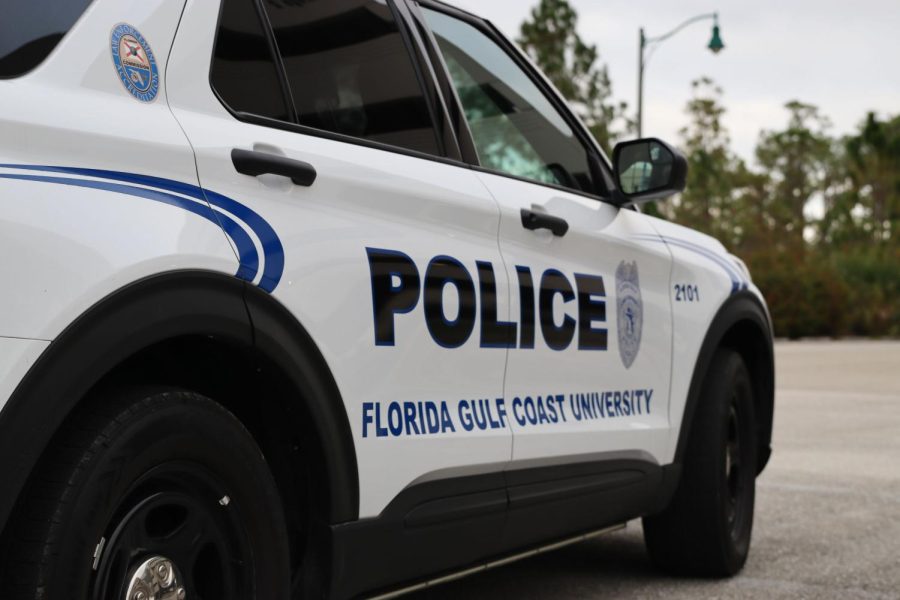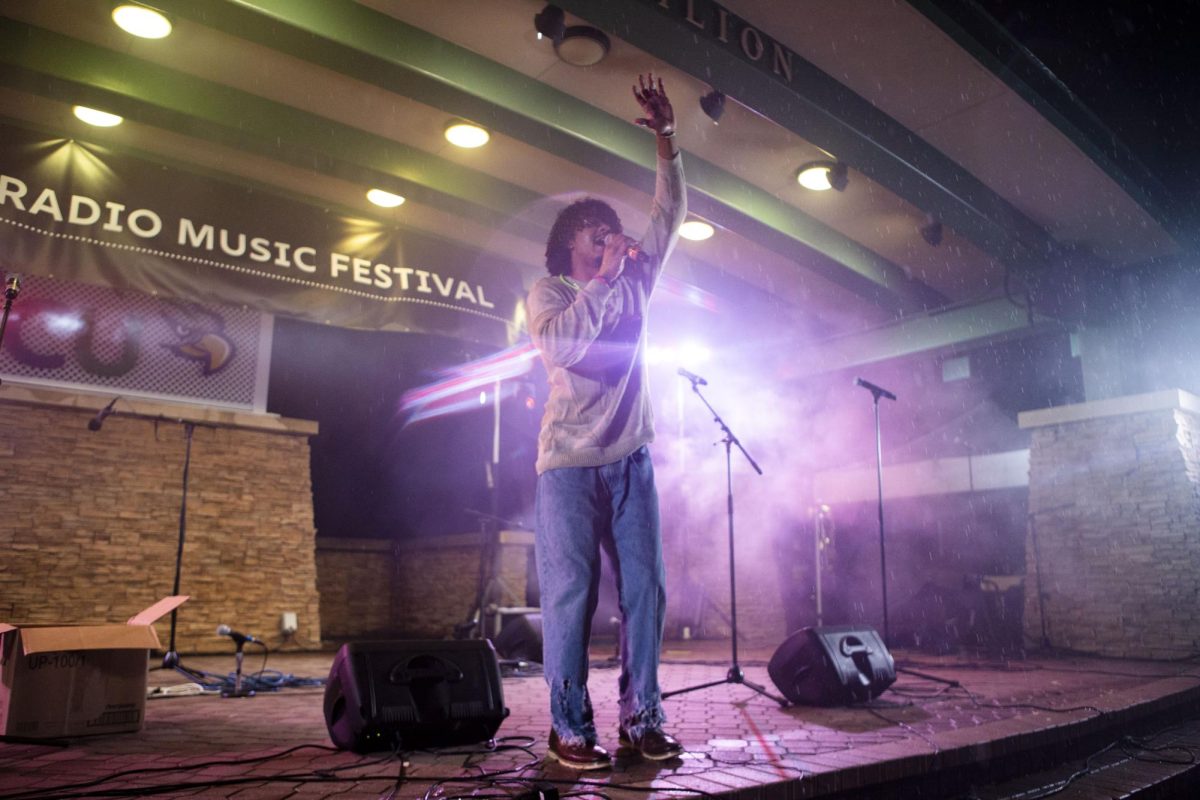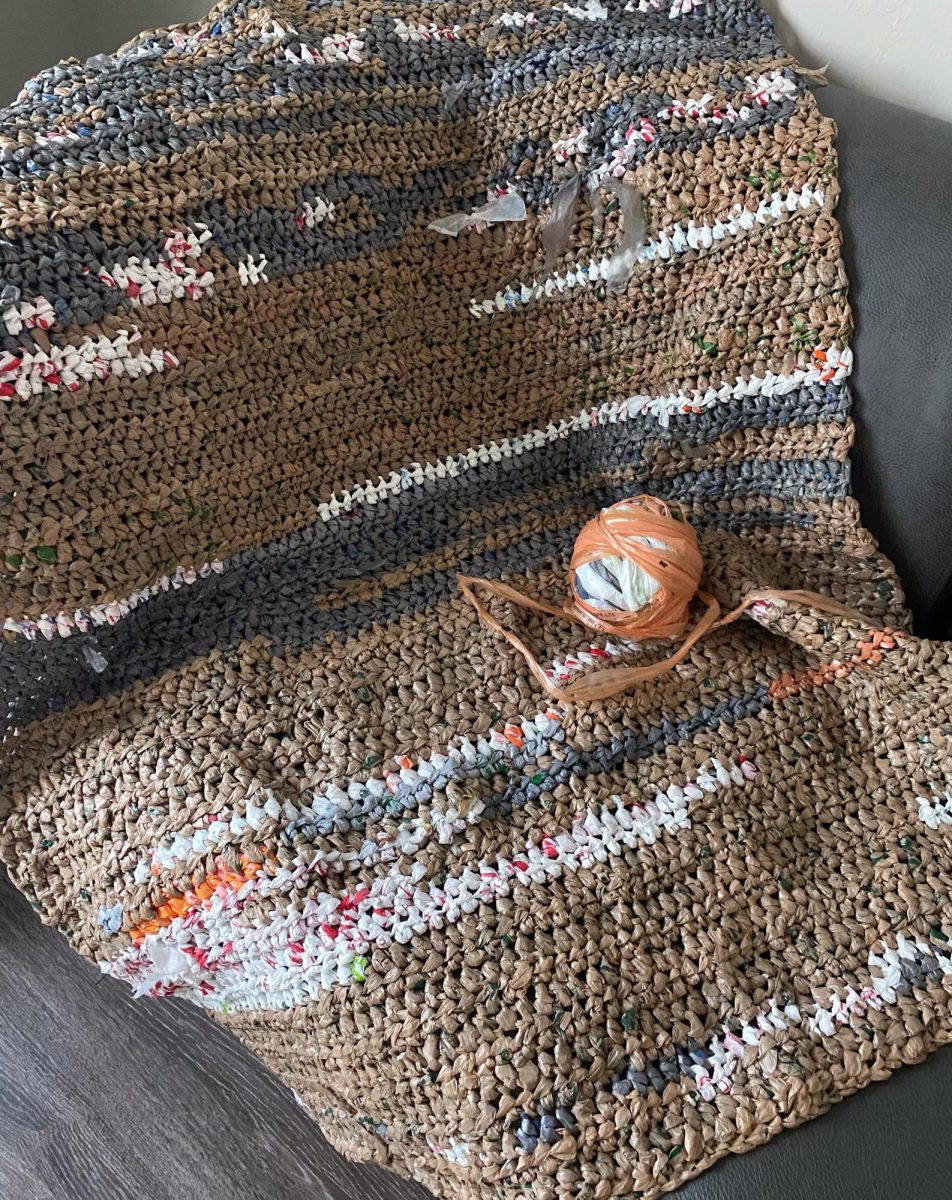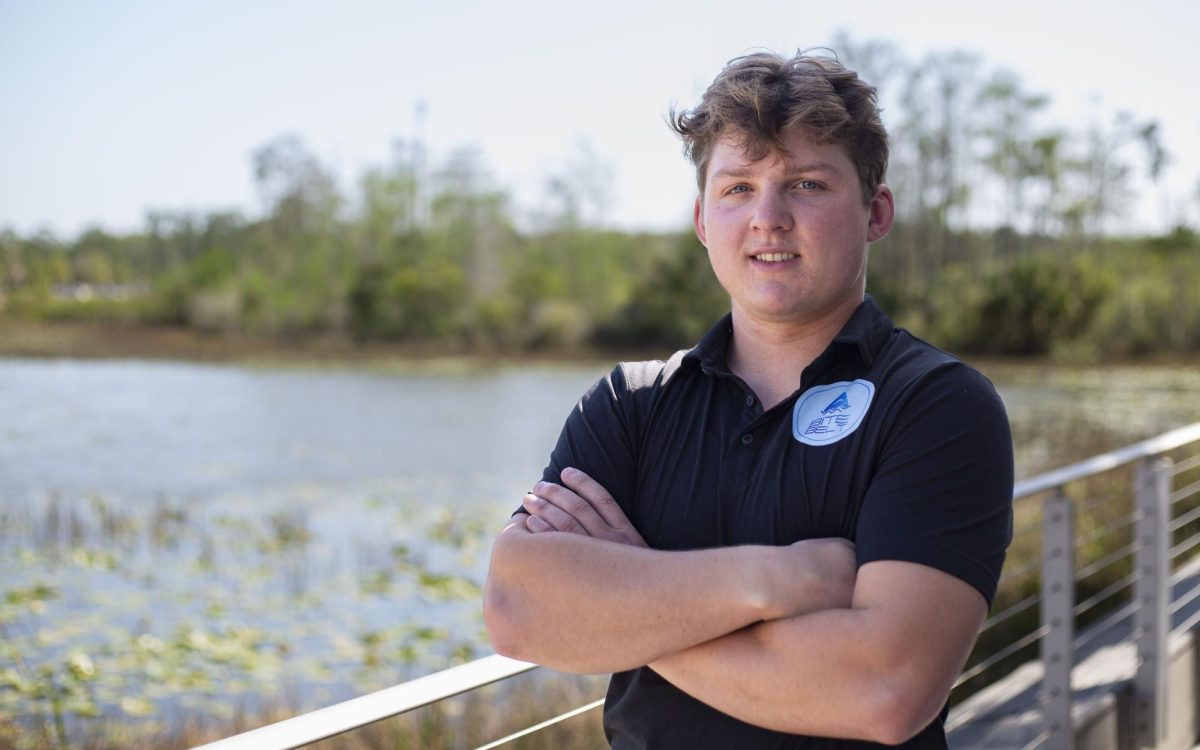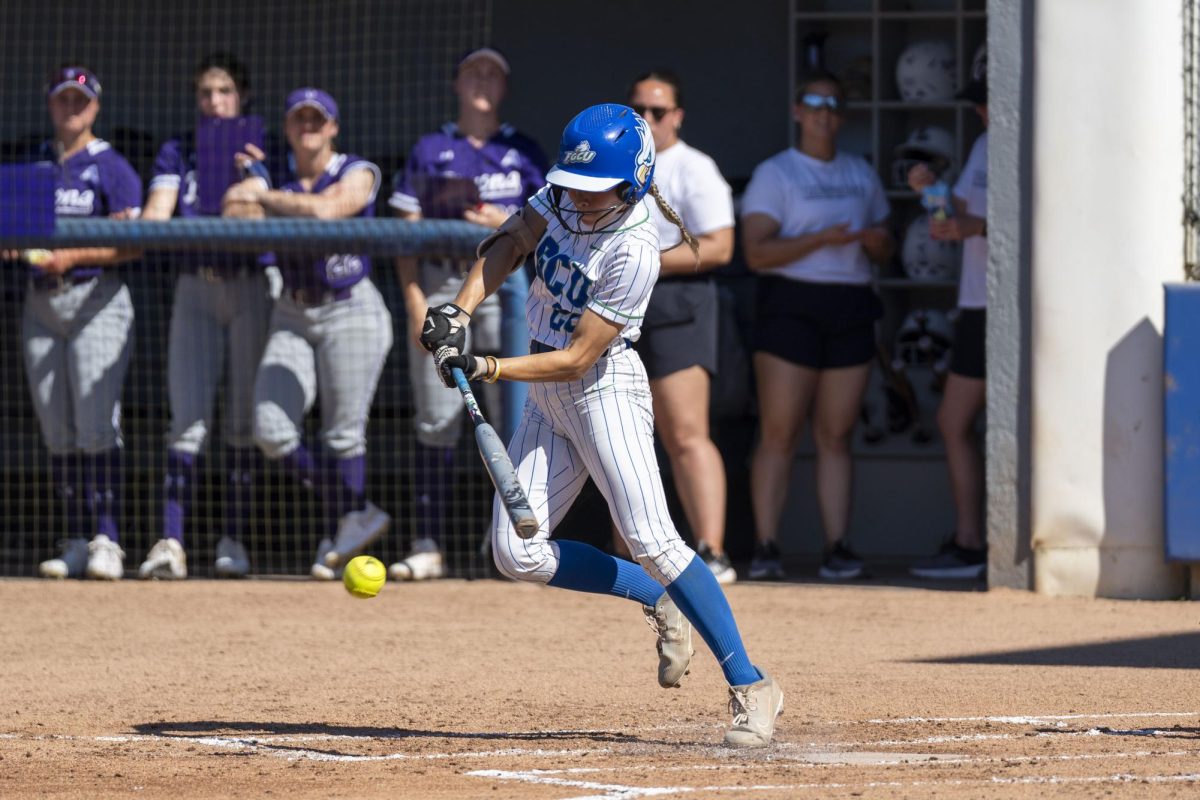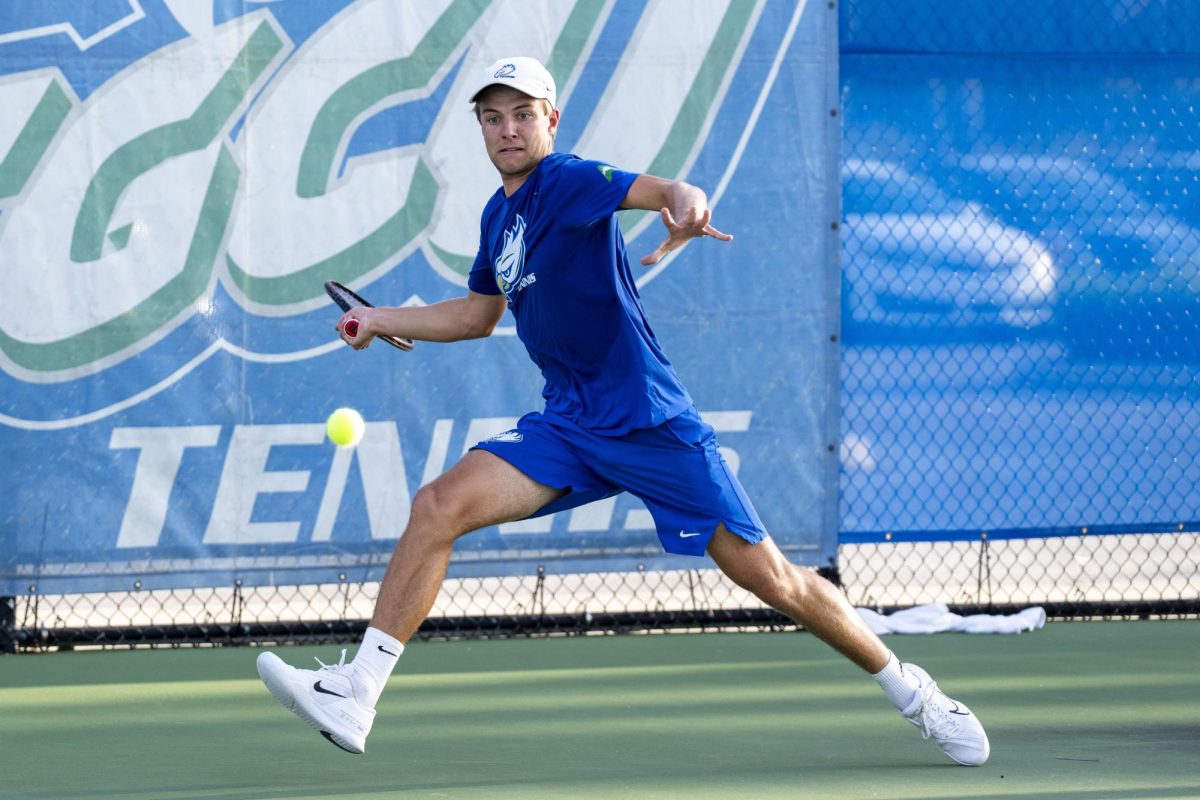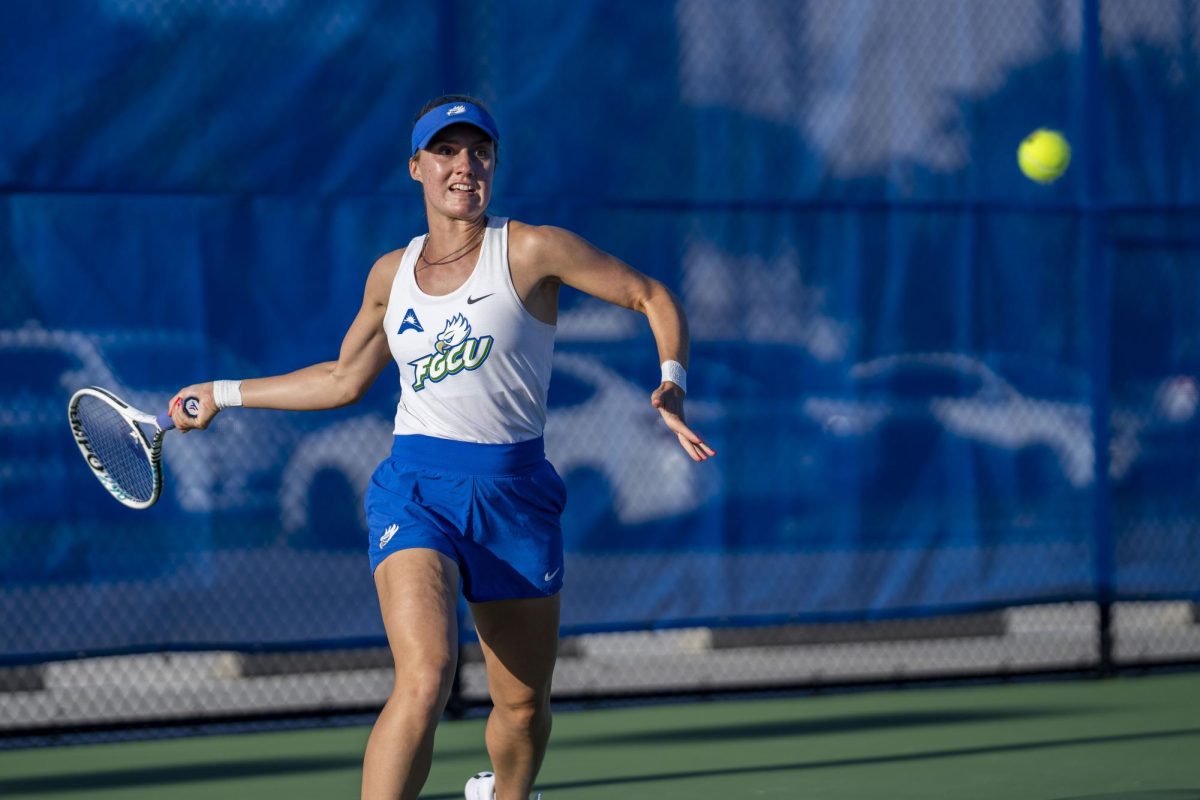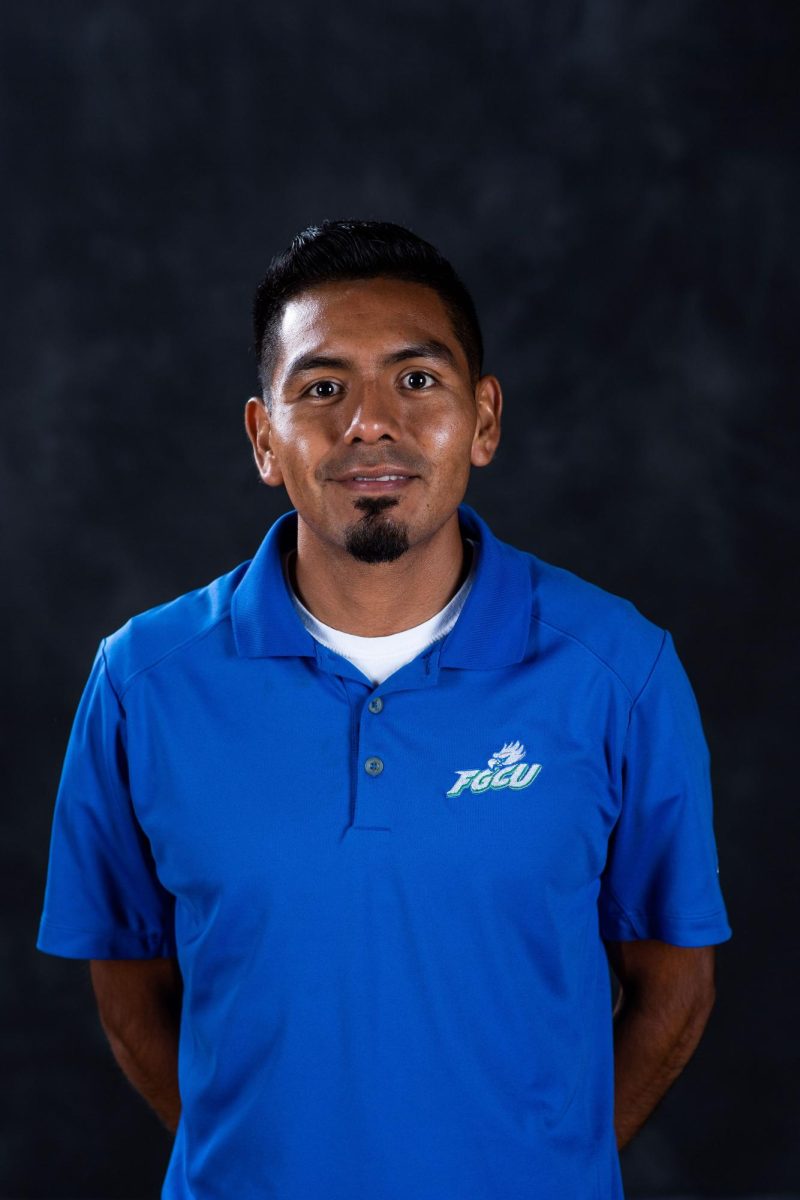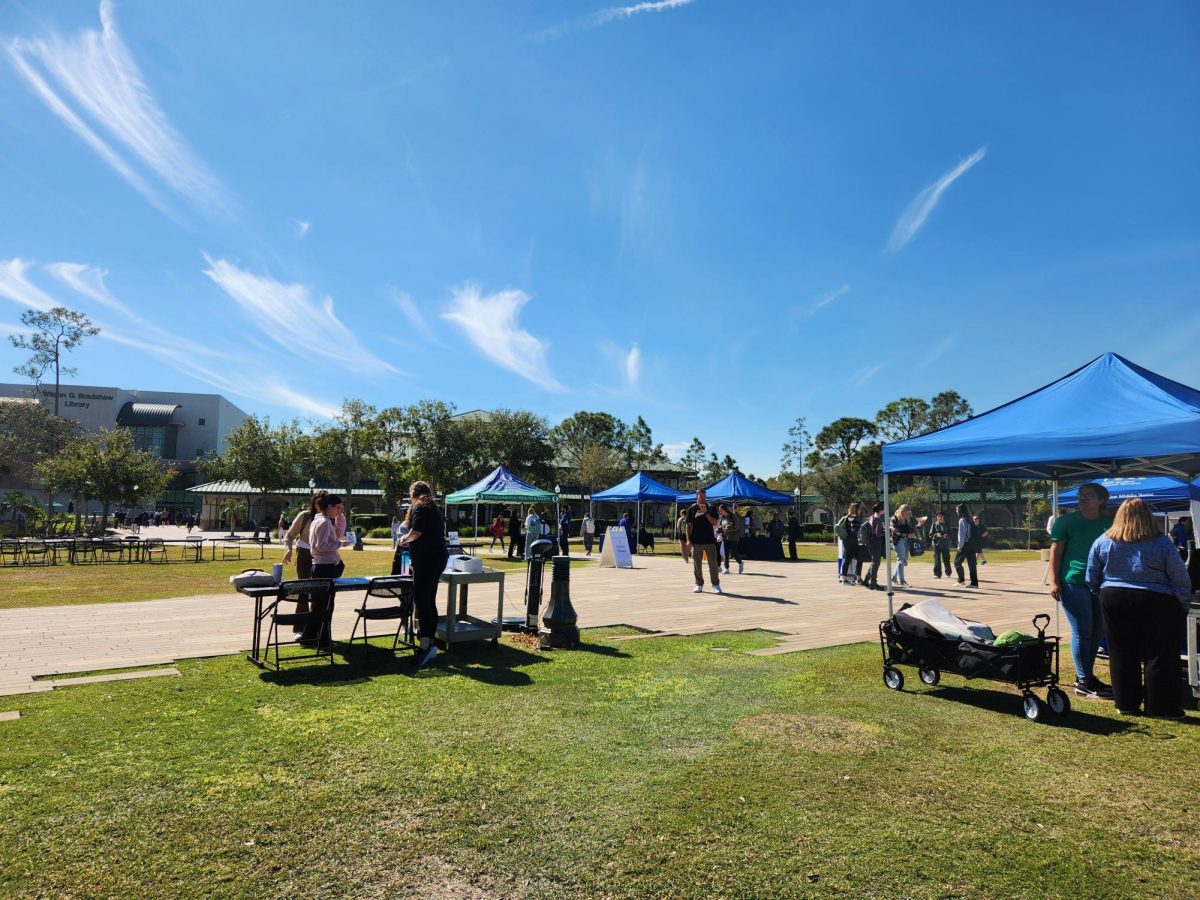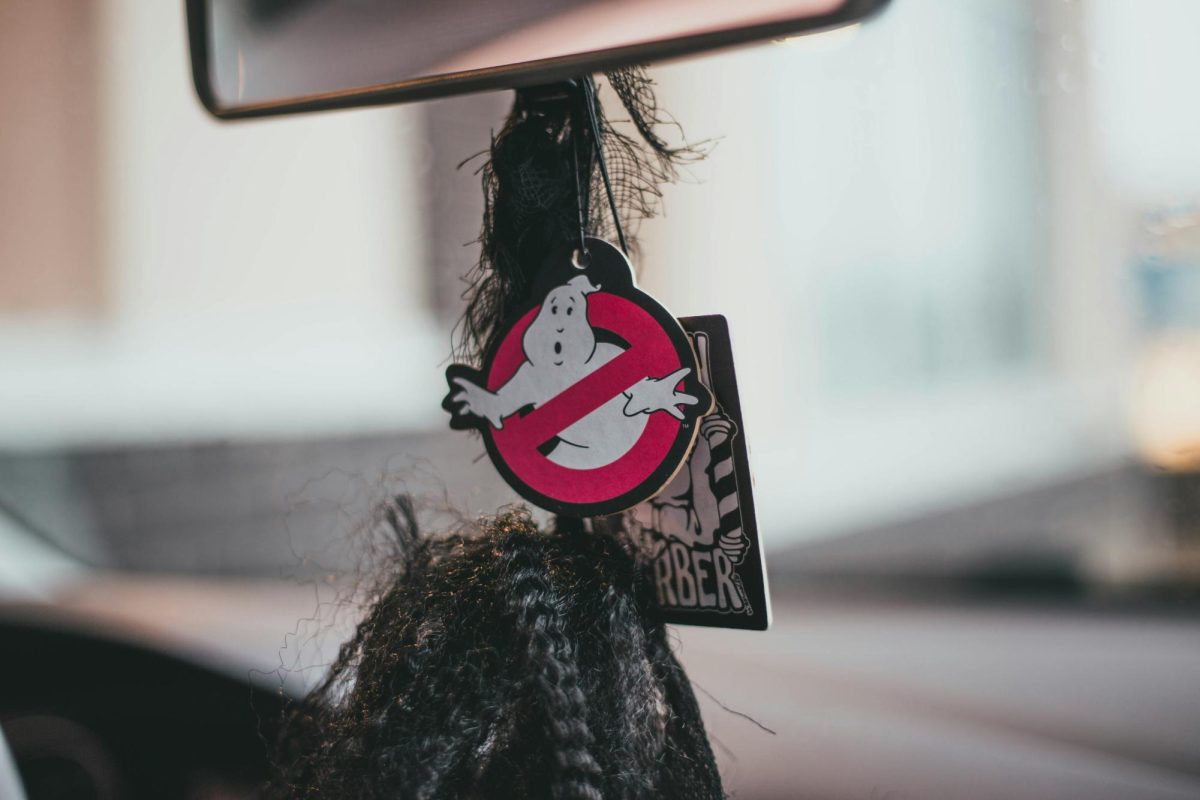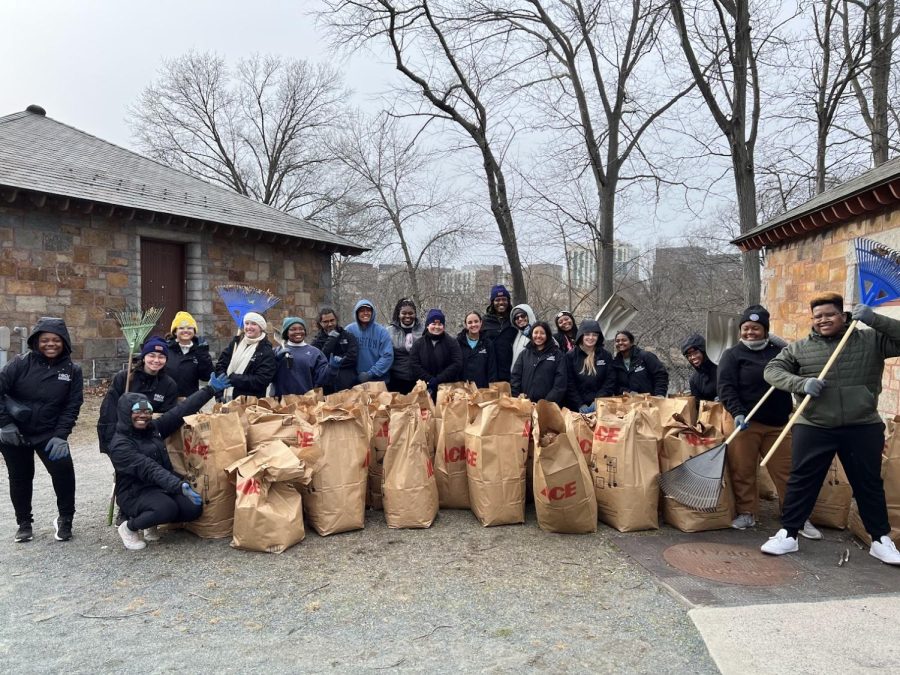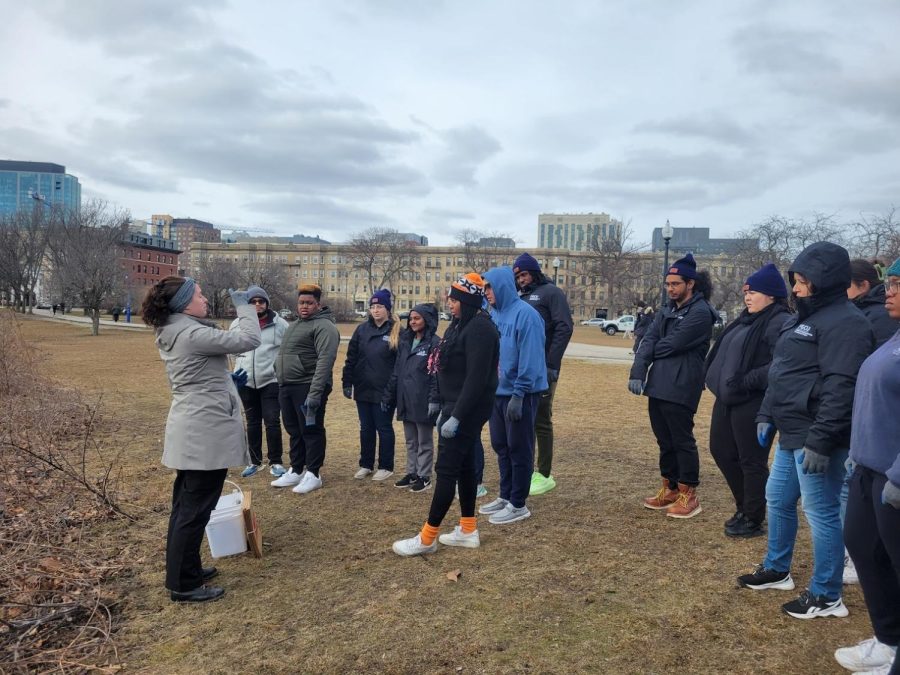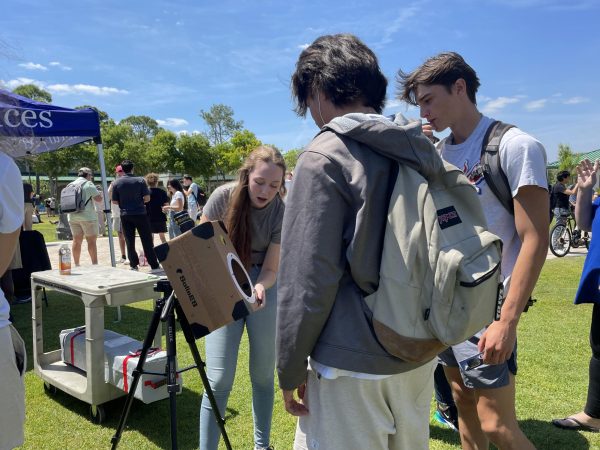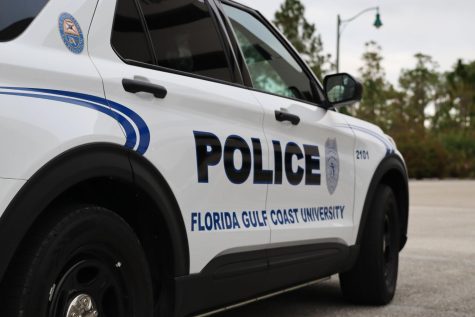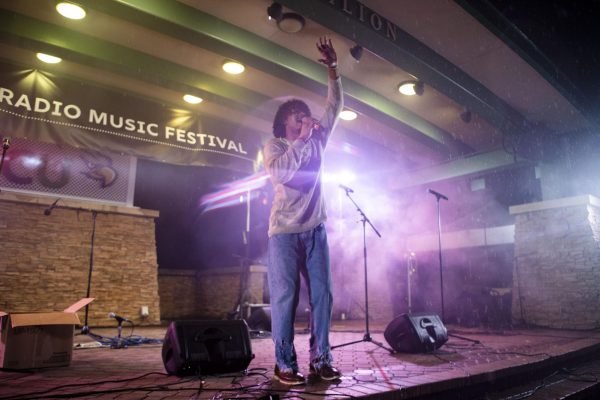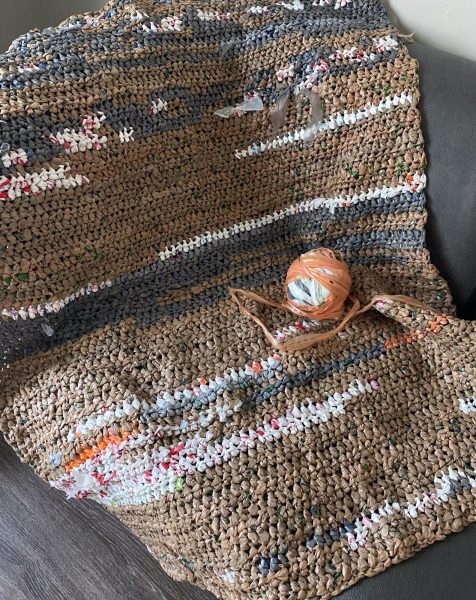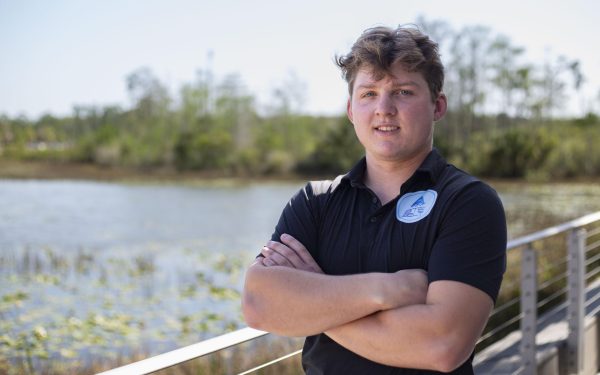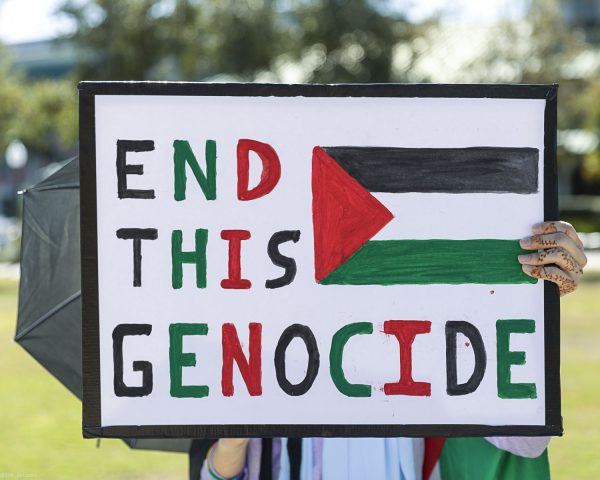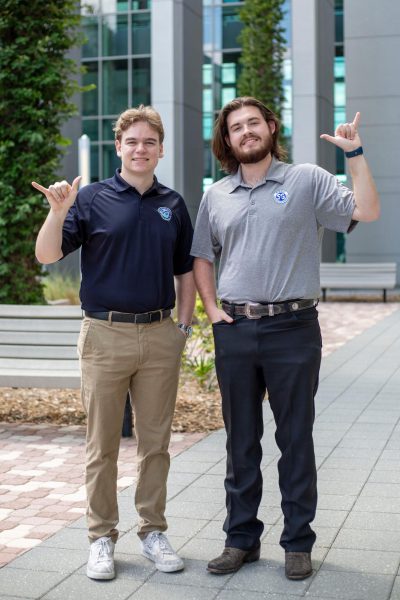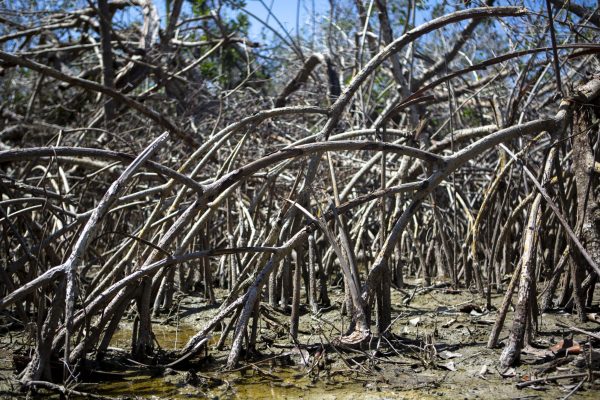Taking Action in Boston, Alternative Break Combats Systemic Issues
Alternative Break’s spring 2023 group visited Boston to engage in volunteer work and learning about local issues. Photo courtesy of Jules Bustamante
April 21, 2023
FGCU students have a lot of options for their school breaks — from going home to vacationing — but those interested in furthering their education might find their place amongst those taking part in Alternative Break.
Alternative Break (AB) is “a community-engagement based program that offers the opportunity for 20 FGCU students to travel to various parts of the United States to gain an understanding of communities through education, service, and action planning,” according to their Eagle Link page.
Students are exposed to systemic issues and encouraged to advocate and take action. Participants are selected in the fall for the Spring Break and Winter Break trips.
“We then prepare each cohort with five pre-departure meetings, revealing the locations we’ll travel to, understanding intersectionality, learning about the social justice issues we’ll tackle, meeting the nonprofits we’ll serve, and getting prepared for traveling,” Student Director of Alternative Break Jules Bustamante said.
The trips are fully-funded by the Multicultural Leadership Development team, but AB ensures that attendees get to truly immerse themselves into the location they are visiting.
“We also let them know to be respectful of the communities we visit,” Bustamante said. “We also build community with each other to increase relationships and collaboration during our trip.”
These community-building activities include stays in hostels and cooking as a group, encouraging a “simple living” philosophy.
In the spring of 2023, AB’s trip was to Boston, Mass., providing education to the attendees and volunteer work to the community.
“It was so life-changing,” said Bustamante. “We always start off our first full days with educational experiences about the area, so we did a historical walking tour and a trolley tour. Second day, we had the privilege of going to Boston University for a tour of the campus and the Howard Thurman center. Thurman was a mentor to Martin Luther King Jr., who in turn was an alum of BU. The center is like if the MLD center had its own building.”
The service work done in Boston was varied. The group also did clean-up work with The Emerald Necklace Conservancy, an organization that strives “to maintain, restore and protect the parks of the Emerald Necklace designed by Frederick Law Olmsted for all to explore, use and enjoy,” according to its website. The group worked alongside Cradles to Crayons, an organization that strives “to provide children from birth through age 12 with the everyday essentials they need to thrive — at home, at school, and at play,” according to its website.
The goal of AB is just that: to help, to educate, and to build bonds amongst those involved.
“That sets AB apart from other service experiences…the sense of closeness you get with other participants,” Bustamante said. “Since they get acquainted for 5 weeks and then live together for a few days, they are able to build community and make service a lot more enjoyable than doing it with strangers.”
“We become like a family. All of my leadership team’s successors have been from the 2022-2023 experience,” Bustamante continued. “When they expressed being a part of the leadership team, I encouraged them and gave them a lot of pointers on how to be an effective leader. Knowing that I was able to provide them with an amazing experience, along with enough guidance so that they felt confident enough to want to continue AB in a leadership role has been the most rewarding feeling I’ve had at FGCU. I didn’t just get to be a leader, but I helped other leaders take charge.”


